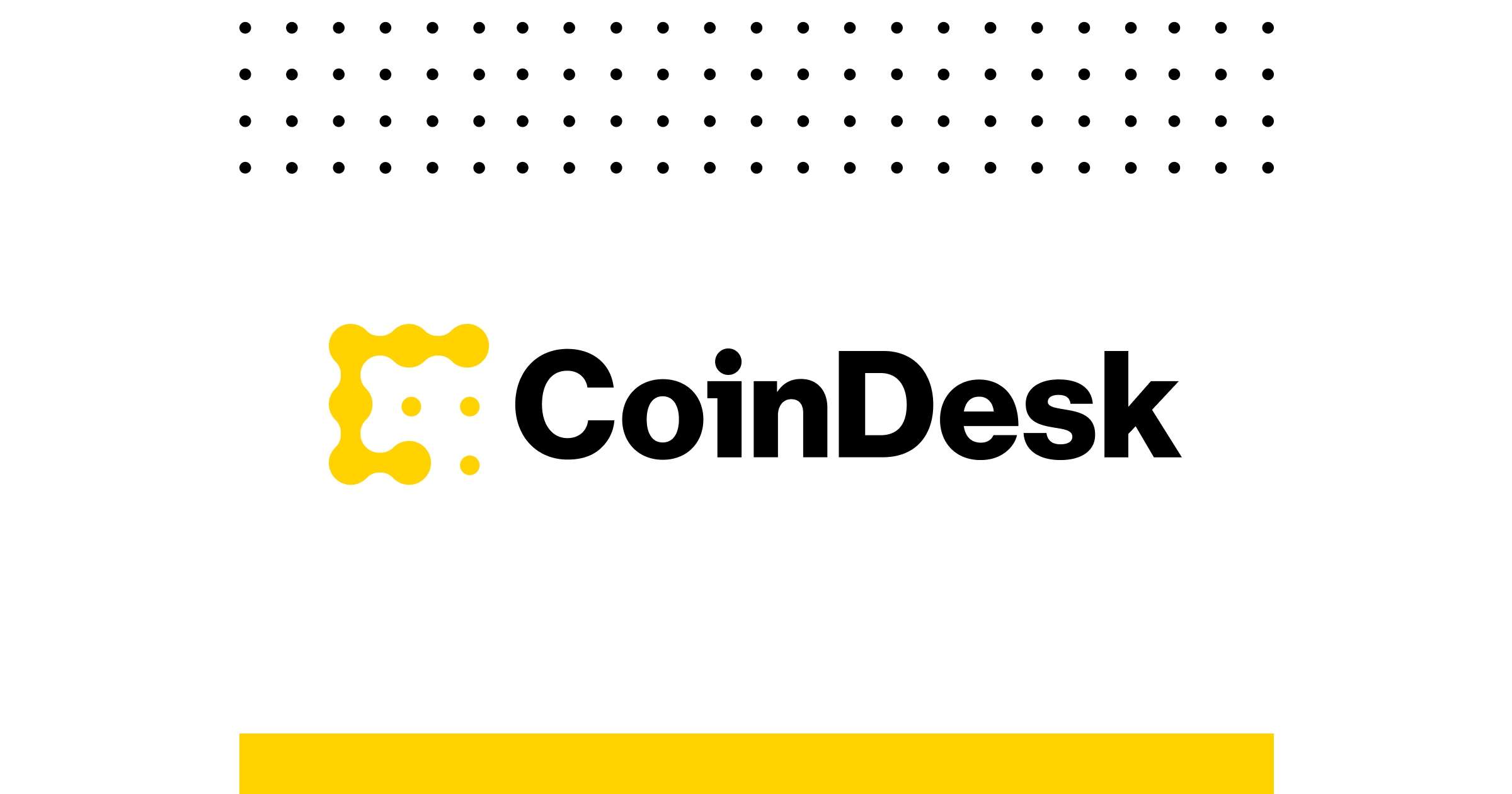Polymarket Achieves 90% Accuracy in Predicting Global Events | 2025

Polymarket Achieves 90% Accuracy in Predicting Global Events
In an intriguing analysis, Polymarket has emerged as a powerful tool for forecasting world events, boasting an impressive accuracy rate of nearly 90%. This revelation comes from a comprehensive study conducted by Alex McCullough, a data scientist based in New York City, who meticulously examined Polymarket’s historical data. The findings, presented through a Dune dashboard, shed light on the platform’s predictive capabilities and the factors influencing its accuracy.
Understanding Polymarket’s Predictive Power
McCullough’s research involved a careful selection process where he excluded markets with probabilities exceeding 90% or falling below 10% after the outcomes were known but not yet settled. This rigorous approach ensured that the analysis remained precise and reflective of Polymarket’s true predictive power. The results indicate that while Polymarket tends to slightly overestimate event probabilities across various ranges, this tendency can be attributed to several biases.
Factors Influencing Accuracy
Among the biases identified in McCullough’s study are acquiescence bias, herd mentality, low liquidity, and a participant preference for high-risk bets. These factors contribute to the platform’s overall performance, impacting how bettors perceive and engage with the markets. Interestingly, McCullough noted that longer-term markets, which require bettors to consider events further into the future, tend to exhibit greater accuracy. This is primarily because these markets encompass a broader range of outcomes, including those that are evidently unlikely, thereby simplifying the prediction process.
Case Study: Gavin Newsom’s Presidential Bid
To illustrate his findings, McCullough cited the example of Gavin Newsom’s presidential candidacy, which garnered a staggering $54 million in volume during the last election cycle. In this case, the long-term Polymarket markets included outcomes that were predictably unfavorable for Newsom, such as his unlikely victory. This dynamic significantly enhances the platform’s accuracy metrics for long-term predictions, as bettors are more inclined to wager on outcomes that are clearly discernible.
Comparative Analysis: Sports Markets
In contrast to long-term political markets, head-to-head sports markets present a different landscape for predictive accuracy. These markets typically feature fewer extreme outcomes, such as long-shot presidential candidates, and exhibit a more balanced distribution of probabilities. McCullough’s analysis revealed that as events unfold, the accuracy of predictions in sports markets improves markedly, showcasing periodic spikes in predictive reliability.
The Growing Influence of Sports Betting
Polymarket’s expansion into the sports betting sector is noteworthy, with nearly $4.5 billion wagered collectively on outcomes across major leagues, including the NBA, MLB, Champions League, and Premier League finals. This burgeoning interest in sports betting underscores the platform’s relevance and potential for further growth in the predictive analytics space.
Implications for Political Predictions
McCullough’s findings regarding Polymarket’s accuracy are particularly significant in the context of political predictions. As Canada prepares for upcoming elections, the insights gained from this research may prove invaluable. For instance, the Liberal Party of Canada’s new leader, Mark Carney, is currently positioned against his Conservative rival, Pierre Poilievre. Understanding the predictive capabilities of platforms like Polymarket could provide strategic advantages for political campaigns and analysts alike.
Conclusion: The Future of Predictive Markets
As the landscape of predictive markets continues to evolve, Polymarket stands out as a formidable player, offering insights that extend beyond mere speculation. With a proven track record of accuracy and a growing user base, the platform is poised to influence not only the world of betting but also the broader realms of political and social forecasting. As more data becomes available and methodologies improve, the potential for predictive markets to shape our understanding of future events is boundless.
For further details on this research, you can check the original article here.








